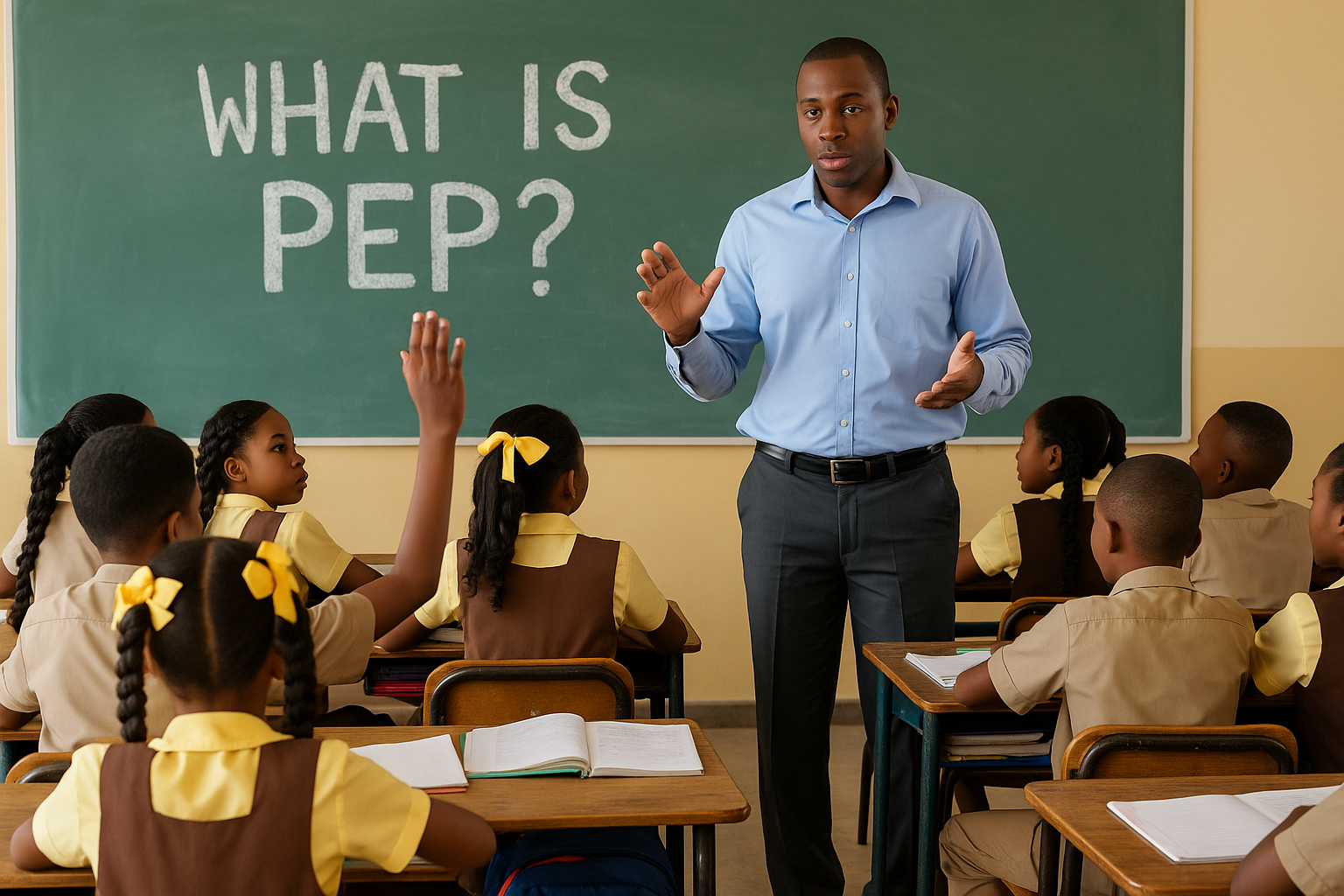What is PEP Jamaica? Understanding the Primary Exit Profile
Date: 2025-08-24 | Location: | Category: Education

In Jamaica, the Primary Exit Profile (PEP) has become a household term, shaping the future of thousands of students each year. For many families, the phrase brings a mix of anxiety, hope, and anticipation. But what exactly is PEP, and why does it hold such importance in the country’s education system?
The Primary Exit Profile is Jamaica’s national assessment for students at the end of primary school. It was introduced by the Ministry of Education in 2018, replacing the long-standing Grade Six Achievement Test (GSAT). The aim was to create a more comprehensive evaluation system that would not only test what students know but also how they think, solve problems, and apply knowledge in real-life contexts.
For years, GSAT was criticized as being too focused on rote memorization. Children spent hours memorizing facts, past papers, and model answers, often without understanding concepts deeply. PEP was designed to shift that focus. Instead of simply rewarding the child who could recall the most information, the new exam would assess a broader range of skills, encouraging critical thinking, creativity, and problem-solving.
The structure of PEP reflects this modern approach. Students are assessed through three main components:
Curriculum-Based Tests – These measure knowledge in core subjects like Mathematics, Language Arts, Science, and Social Studies, but with more emphasis on understanding and application.
Performance Tasks – These require students to apply what they have learned to real-world situations. For example, rather than just reciting facts about Jamaica’s rivers, a student might be asked to analyze how flooding affects communities and propose solutions.
Ability Tests – These measure students’ reasoning skills, both quantitative and qualitative, without relying on prior knowledge. This section tests logic, problem-solving, and abstract thinking.
The change to PEP was not only about academics. It was about preparing Jamaican children for the challenges of the 21st century. Employers and educators had long pointed out that the modern world demands more than just remembering information—it requires individuals who can adapt, communicate, collaborate, and think critically. PEP aims to start building those skills early.
Still, the transition has not been without its challenges. Parents, many of whom grew up under the GSAT system, often find themselves confused about how best to help their children prepare. Unlike GSAT, which had a very predictable style, PEP requires practice in analysis, reasoning, and applying knowledge in new ways. Teachers, too, have had to adjust their methods, shifting from drilling facts to facilitating deeper learning.
Despite these challenges, PEP has already made a significant impact. Students who once felt pressured to memorize entire textbooks are now encouraged to engage more actively in their learning. Classrooms have become more interactive, with group work, projects, and discussions playing a bigger role. For many educators, this represents a positive step forward.
The results of PEP determine which secondary school a student will attend, making it a critical milestone in every Jamaican child’s educational journey. Just as GSAT once did, PEP now stands as the gateway to high school. For this reason, it carries immense emotional weight for families across the island. Success in PEP is often seen as not only an academic achievement but also a ticket to opportunity, opening doors to scholarships, top schools, and brighter futures.
At its heart, PEP is more than just an exam, it is part of Jamaica’s broader effort to modernize its education system and better prepare its young people for the future. The program seeks to nurture well-rounded learners, capable of contributing meaningfully to their communities and the wider world.
As each new cohort of students sits the exams, Jamaica continues to refine and improve the process. While parents and children may still feel the pressure of this high-stakes test, many also recognize its value. The hope is that in time, PEP will produce generations of critical thinkers, innovators, and leaders, who, like the exam itself, are prepared to rise beyond memorization and embrace the challenges of tomorrow.
 876Pulse
876Pulse